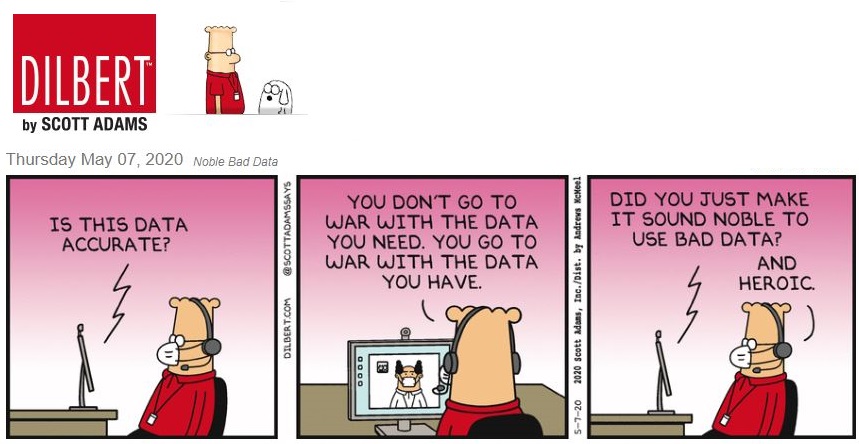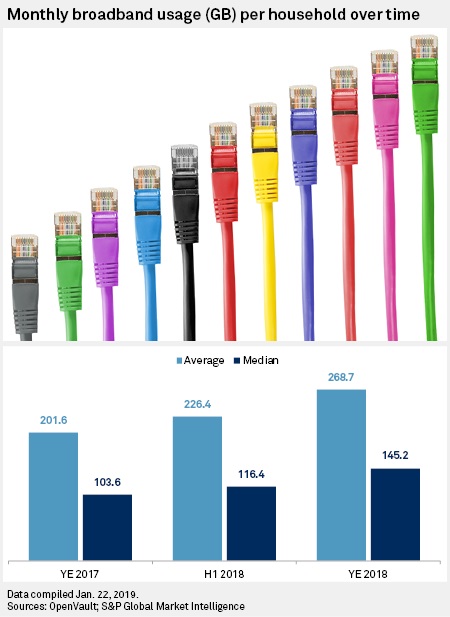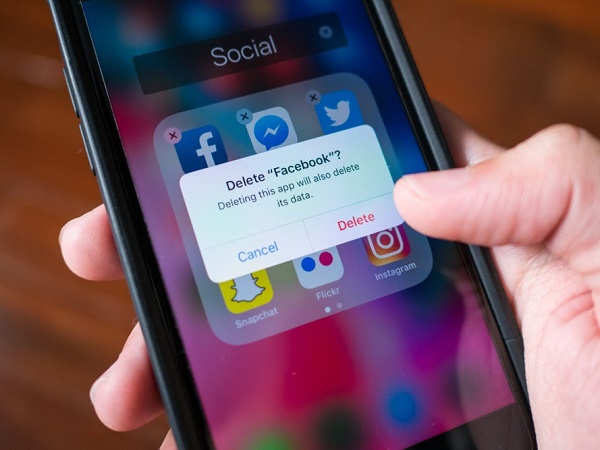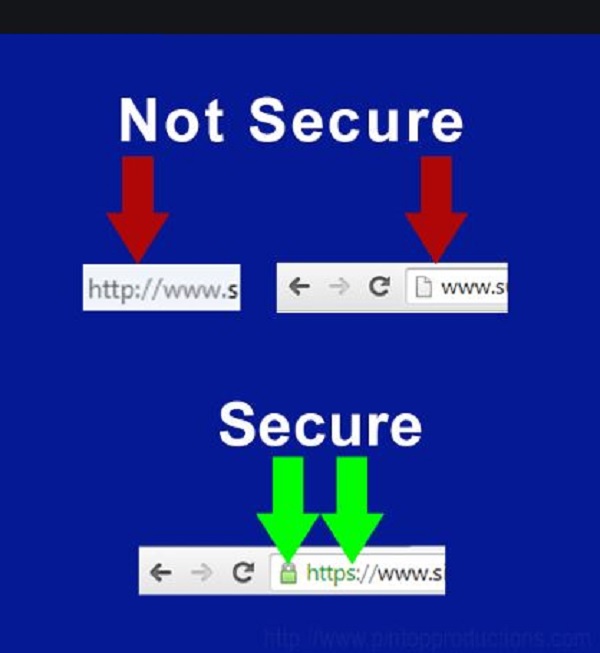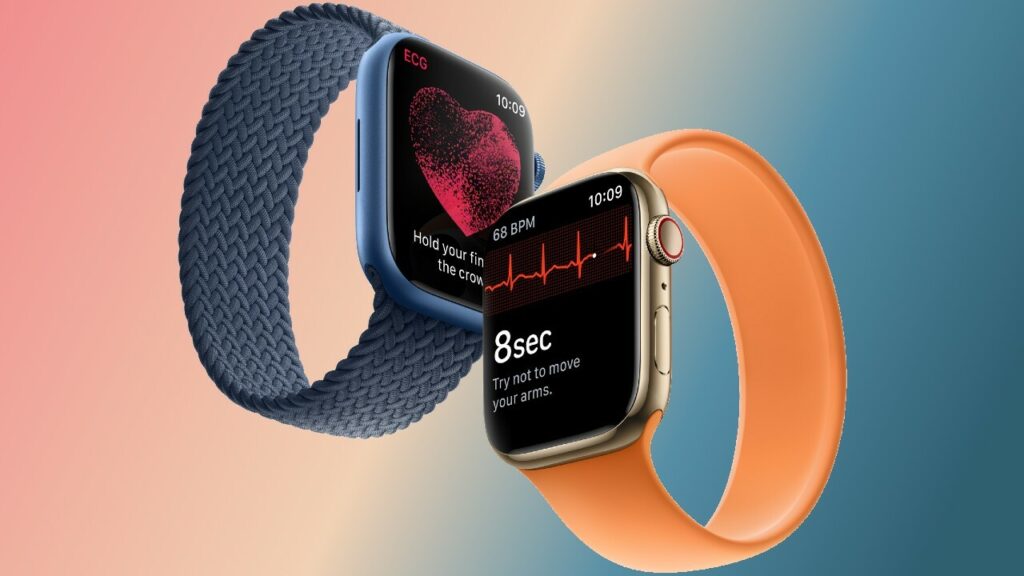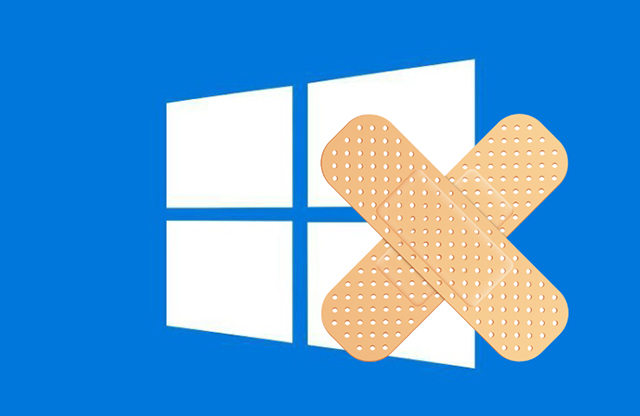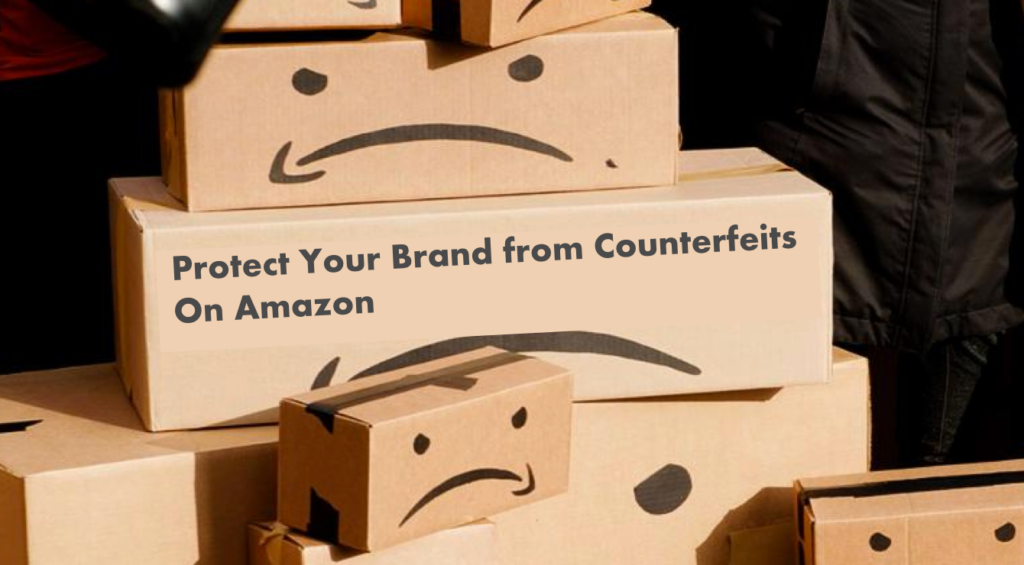
We have used a Philips Norelco electric shaver that we had bought at Costco off and on for years. (When we didn’t use it, we shaved with various one/two/three/four-blade models, which gave closer shaves. But the convenience and absence of cuts of an electric razor, especially when traveling, makes it practical.) Like any cutting tool, it needs to be sharpened or have its cutting surfaces replaced. Philips Norelco recommends that the shaving heads be replaced every year at the cost of $30. If you search Amazon with a “Norelco-replacement-heads” phrase, you get a plethora of products with a wide range of prices ($14-70), many of them without packaging. The same situation exists for a wide range of products sold by Amazon. Fortunately, there are some companies that are fighting back.

